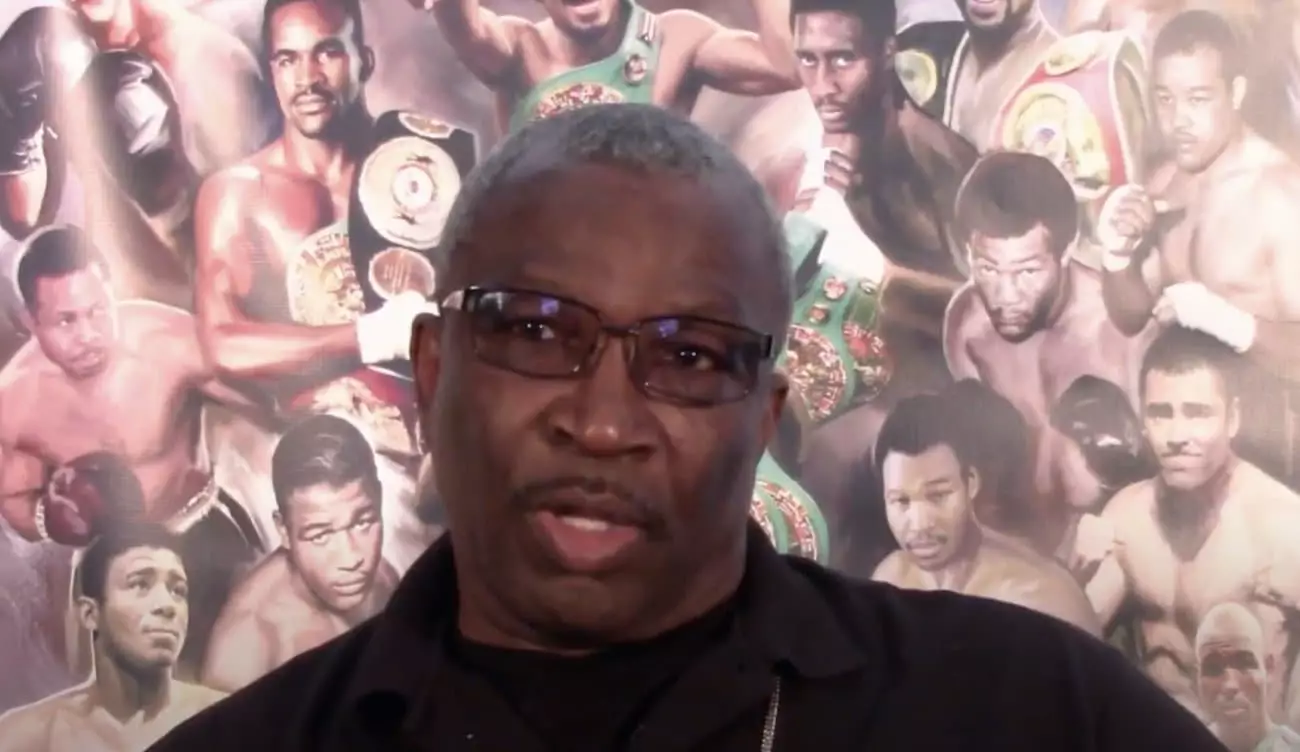By Maestro Amílcar Barnett M., The Bronx, NY, USA-
Mike Weaver, once a formidable heavyweight champion known by the moniker “Hercules,” navigated a turbulent journey through the world of professional boxing. His career was characterized by dramatic highs and lows, weaving tales of perseverance and talent that continue to resonate in the sport. His initial struggles in the ring, where he finished with a mixed record of 5-5 in his first ten fights, did little to deter his spirit. As a former Marine who served valiantly in Vietnam, Weaver’s resolve was fortified by his commitment and determination, traits that would ultimately define his boxing legacy.
The Fight Against Larry Holmes: A Defining Moment
One of the pivotal moments in Weaver’s career came in June 1979 during a bout against reigning WBC heavyweight champion Larry Holmes. Many viewed Weaver as a significant underdog heading into the fight, yet he displayed extraordinary courage and tenacity, challenging Holmes throughout the contest. The match turned into a thrilling spectacle marked by back-and-forth exchanges, where Weaver absorbed punishment yet remained resolute until the fight concluded in the 12th round. While he faced defeat, the performance showcased Weaver’s heart and established him as a legitimate contender in the heavyweight division.
Ascension to the Title
Weaver’s fortunes began to change in March 1980 when he secured a dramatic and unforgettable victory, knocking out John Tate in the final moments of the 15th round to capture the WBA heavyweight title. This moment was more than a personal triumph; it was a testament to his resilience and skill. Weaver’s unexpected ascent to the top did not stop there; he successfully defended his title twice before encountering setbacks, including a controversial stoppage in a match against Michael Dokes. These challenges did not overshadow Weaver’s credentials as a fighter with remarkable punching power and an indomitable spirit.
An Insight into Weaver’s Punching Power
Reflecting on his prowess as a puncher, Weaver acknowledges the legacy of legendary heavyweights that preceded him. In conversations about the greatest hitters in boxing history, he consistently cites George Foreman, Sonny Liston, and Earnie Shavers as exemplary figures. Weaver’s admiration for Foreman stems from personal experience, having shared the ring with the two-time heavyweight champion during an exhibition match. His recollections also reveal a unique camaraderie among fighters from different eras, with anecdotes of sparring partners who believed Weaver possessed a punch as strong, if not stronger, than Shavers.
Recollections of Hard Hitting Opponents
When discussing the hardest opponents he faced, Weaver highlights Bernardo Mercado, whose punches delivered notable lessons in the art of toughness. Their encounters shared a stark contrast; while Weaver ultimately emerged victorious, Mercado’s initial knockdowns reflected the trials that shaped his career. Additionally, modern heavyweights like Mike Tyson and Deontay Wilder are acknowledged for their impressive power, illustrating Weaver’s appreciation for the evolution of the sport while still cherishing his own legacy as a powerful puncher.
Reflections on Historic Matchups
Weaver’s recognition of his place in boxing history is accompanied by introspective thoughts on the fights he did not get to face. The hypothetical matchups, particularly with contemporaries like Lewis and Smith, evoke a sense of nostalgia for both Weaver and boxing enthusiasts who ponder what might have been in their prime. Even in defeat, his encounters with these heavyweights contributed to a rich tapestry of a career that prioritized ambition and a fierce competitive spirit.
Throughout his journey, mentors like Ken Norton profoundly influenced Weaver’s approach to boxing. Norton’s advice to take training seriously served as a wake-up call, igniting an earnest desire to perform at the highest level. Such pivotal moments not only shaped Weaver’s resilience in the sport but also demonstrated the importance of mentorship within the boxing community—a community fastened by shared experiences and the pursuit of greatness.
As an observer of the current boxing landscape, Weaver’s reflections on modern heavyweights highlight a subtle disconnect between eras. Despite acknowledging fighters like Tyson Fury and Oleksandr Usyk, Weaver remains somewhat distanced from contemporary boxing, humorously admitting to a lack of awareness of current champions. His sentiments, however, evoke a sense of connection, reminding fans that the essence of boxing remains unchanged despite variations in weight classes and different fighting styles.
As Weaver now enjoys life post-boxing, his story stands as a testament to the power of resilience, determination, and talent, making him a compelling figure in heavyweight boxing history. His legacy transcends the ring as an inspiration, reminding fans and future fighters alike that greatness is defined not just by victories and titles but also by the spirit one exhibits in the face of adversity. Indeed, Mike Weaver’s journey is a rich narrative that deserves recognition, and perhaps one day, a cinematic portrayal reflecting the essence of his life and career could captivate a broader audience.


Leave a Reply